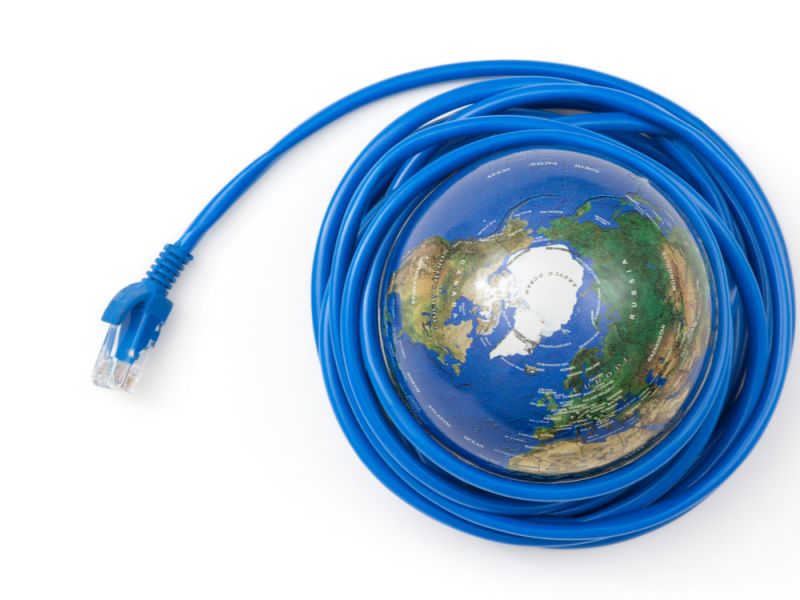Internet adoption worldwide surpass 65% in 2022 led by North America

The internet has a significant impact on how people learn, communicate, conduct business, and go about their daily lives. The importance of the internet has particularly increased during the pandemic as many businesses, and educational institutions moved to remote work.
According to the data presented by the Atlas VPN team, internet penetration worldwide is at 66% as of the first quarter (Q1) of 2022. North America and Europe remain the only regions with an internet penetration rate of about 90% among their population.
The data is based on the estimations provided by Internet World Stats website. It displays world internet usage based on population and active internet users in each region and country.
North America leads the world in internet penetration rate with 93.4%. It should be no surprise as the United States and Canada make up a significant part of the continent. Both countries have a well-developed internet infrastructure allowing easy access. In total, North America accommodates over 347 million internet users.
Europe is second in penetration rate as 88.4% of Europeans are internet users. More than 743 million Europeans are connected to the world wide web. The majority of countries in Europe have an excellent internet infrastructure, which allows people to browse the web at fairly decent speeds.
Latin America and the Caribbean region have an internet penetration rate of 80.4%. About 533 million internet users are living in the area. Despite the high percentage rate, many countries in the Latin American region have uneven coverage, coupled with high data and device costs.
Countries in the Middle East provide internet to 76.4% of their population. Wealthier countries like UAE or Qatar have a penetration rate of nearly 100%. However, war-torn countries such as Syria or Yemen have a shallow internet penetration percentage due to most infrastructure being destroyed.
Oceania and Australia have an internet penetration rate of 70.1%. While Australia and New Zealand accommodate nearly 90% of their population with the internet, many Pacific Islands have not invested in internet infrastructure.
Asia’s internet penetration rate is 64.1%. Even though the percentage is below the world average, Asia has the largest population of nearly 2.8 billion internet users. That makes up about 53% of all internet users worldwide. China and India, with 1.7 billion users alone, China and India are the largest contributors to such a number.
Africa has the lowest internet penetration rate as only 43.1% of the population has access to the world wide web. The region accommodates about 601 million internet users. In addition, the internet penetration rate in Africa since 2000 has increased by 13,220%.
Internet censorship
Despite the increasing internet penetration rate worldwide, some countries impose internet restrictions. While people in such countries can access the web, governments limit what information their citizens can see. Internet censorship is used as a tool to establish state propaganda.
The government of China imposed its internet censorship with three regulations in 1996. State-owned internet service providers block various websites such as Wikipedia, Google, YouTube, etc. Such censorship severely limits the freedom of the press.
After the invasion of Ukraine, similar methods of censorship are being established in Russia as well. The country is seeking to close off its citizens from outside information by banning social media platforms and western media outlets, making it impossible to access them without a VPN.
Increasing internet penetration rate makes the world more connected. It has become a necessity for most people, which helps communicate and find information like never before. However, the internet must stay out of government control and be open to everyone, so internet users would reap the benefits it brings.
Atlas VPN







